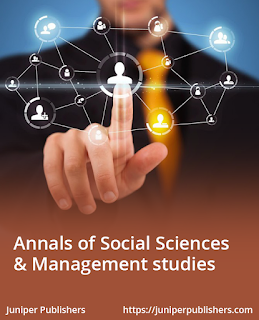IT Evaluation - are Individual Differences Relevant?-Juniper Publishers

Annals of Social Sciences & Management Studies-Juniper Publishers Abstract The importance of IT evaluation is not in doubt as all companies seek a Return on Investment in this modern technology intensive economy. The challenge is how to evaluate IT investment in an effective way to improve performance. Although it is clear that ultimately it is the IT user who creates value with the technology through the work done it has been assumed implicitly in evaluation that IT users could be treated as a homogeneous whole when it comes to IT use and evaluation. Recently, researchers have found that user predispositions play a part in cognitive tasks and since evaluation relies heavily upon cognition the outcome of the evaluation would vary based on user disposition. This mini review traces the models for evaluating IT success and highlights the resurgence of individual differences in IT evaluation research. It selects an area (“Need for Cognition”) that might serve as a ...

